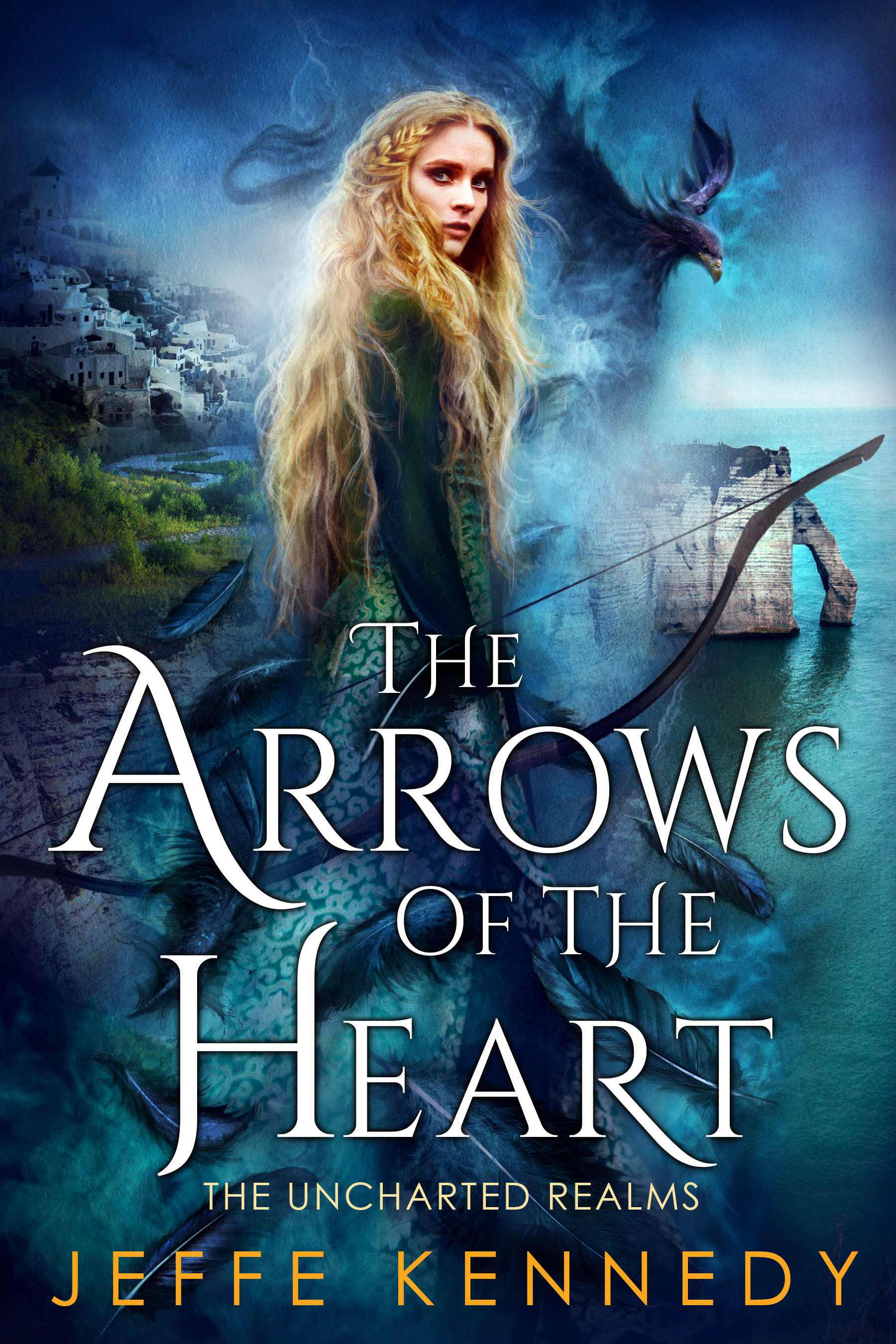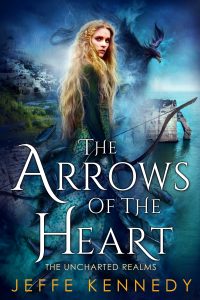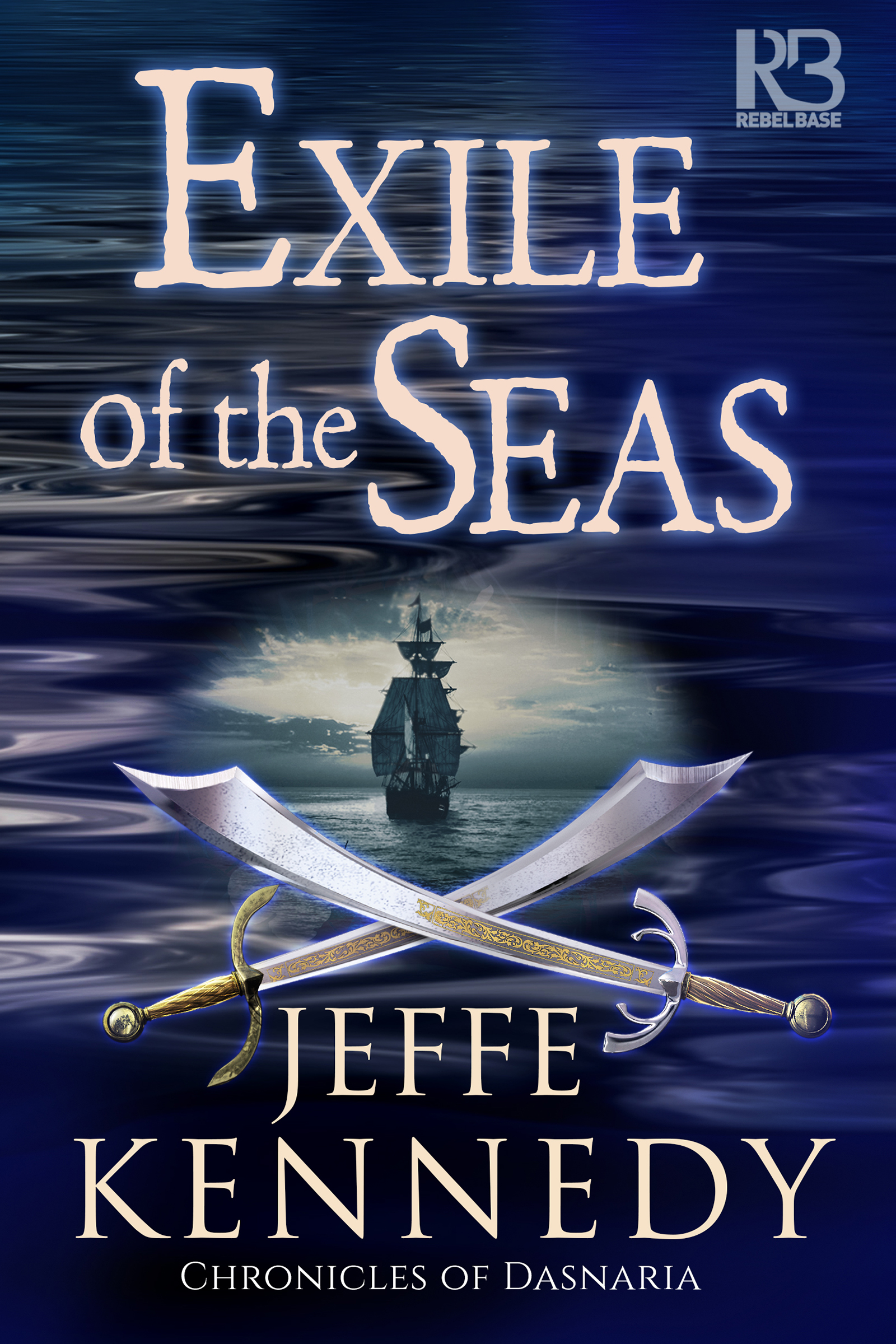
RITA ® Award-Winning Author of Fantasy Romance




This week at the SFF Seven we’re sharing a blurb from our current work in progress or a blurb from an upcoming release. Serendipitously enough, for me they’re one and the same at the moment. Come on over to read the one for THE ARROWS OF THE HEART.








Our topic this week at the SFF Seven is The Book You Didn’t Want to Read and Ended Up Loving.
This was kind of difficult for me to answer, because most of the books that spring to mind when I cast back and try to recall which I didn’t want to read are the ones I ended up hating. If I ended up loving them, I kind of forget that initial pain. Like childbirth.
But I finally settled on HEART OF DARKNESS by Joseph Conrad, which I had to read for AP English senior year of high school. The edition above is the one I read – and still have. I know a lot of you hate it, but come on over to find out why it was pivotal for me.



 Today is the release day for EXILE OF THE SEAS!
Today is the release day for EXILE OF THE SEAS!
Around the shifting borders of the Twelve Kingdoms, trade and conflict, danger and adventure put every traveler on guard . . . but some have everything to lose.
ESCAPED
Once she was known as Jenna, Imperial Princess of Dasnaria, schooled in graceful dance and comely submission. Until the man her parents married her off to almost killed her with his brutality.
Now, all she knows is that the ship she’s boarded is bound away from her vicious homeland. The warrior woman aboard says Jenna’s skill in dancing might translate into a more lethal ability. Danu’s fighter priestesses will take her in, disguise her as one of their own—and allow her to keep her silence.
But it’s only a matter of time until Jenna’s monster of a husband hunts her down. Her best chance to stay hidden is to hire out as bodyguard to a caravan traveling to a far-off land, home to beasts and people so unfamiliar they seem like part of a fairy tale. But her supposed prowess in combat is a fraud. And sooner or later, Jenna’s flight will end in battle—or betrayal . . .
“The storytelling is lush and vivid, some parts, particularly the peeks into Jenna’s psyche, so beautiful and raw, they make your heart hurt.”
~Julie Fine on Goodreads
“(…) a sweeping piece of fantasy that captured my imagination and I’m blown away by this authors talent.”
~Marta Cox on Goodreads
“Jenna’s character is one of the best that I’ve read in terms of development. I may not have read the first book, but she grows so much during the course of this book that I didn’t feel like I was seeing her for the first time.”
~TheDigressiveApproach on Goodreads



 Our topic this week at the SFF Seven is short term, mid-term and long-term planning. Come on over to find out why I identify with Yoda on this. (And what that funny device in the photo is!)
Our topic this week at the SFF Seven is short term, mid-term and long-term planning. Come on over to find out why I identify with Yoda on this. (And what that funny device in the photo is!)